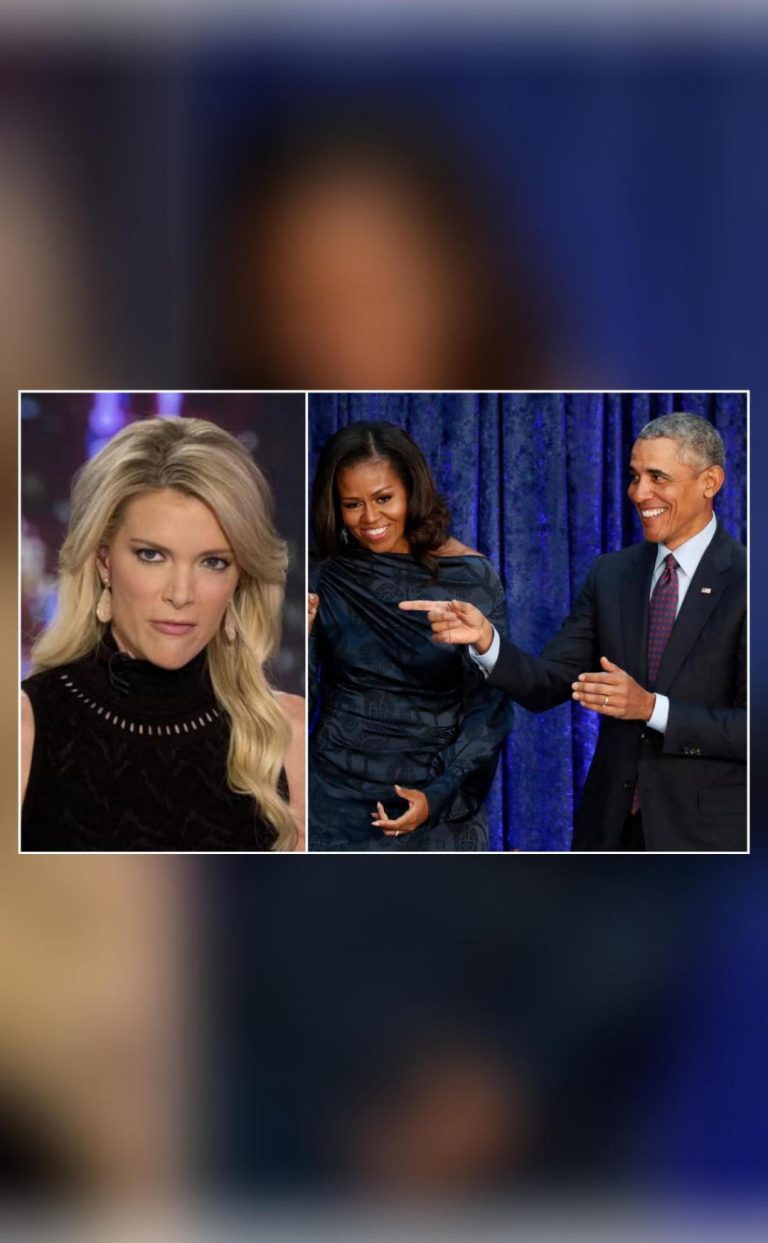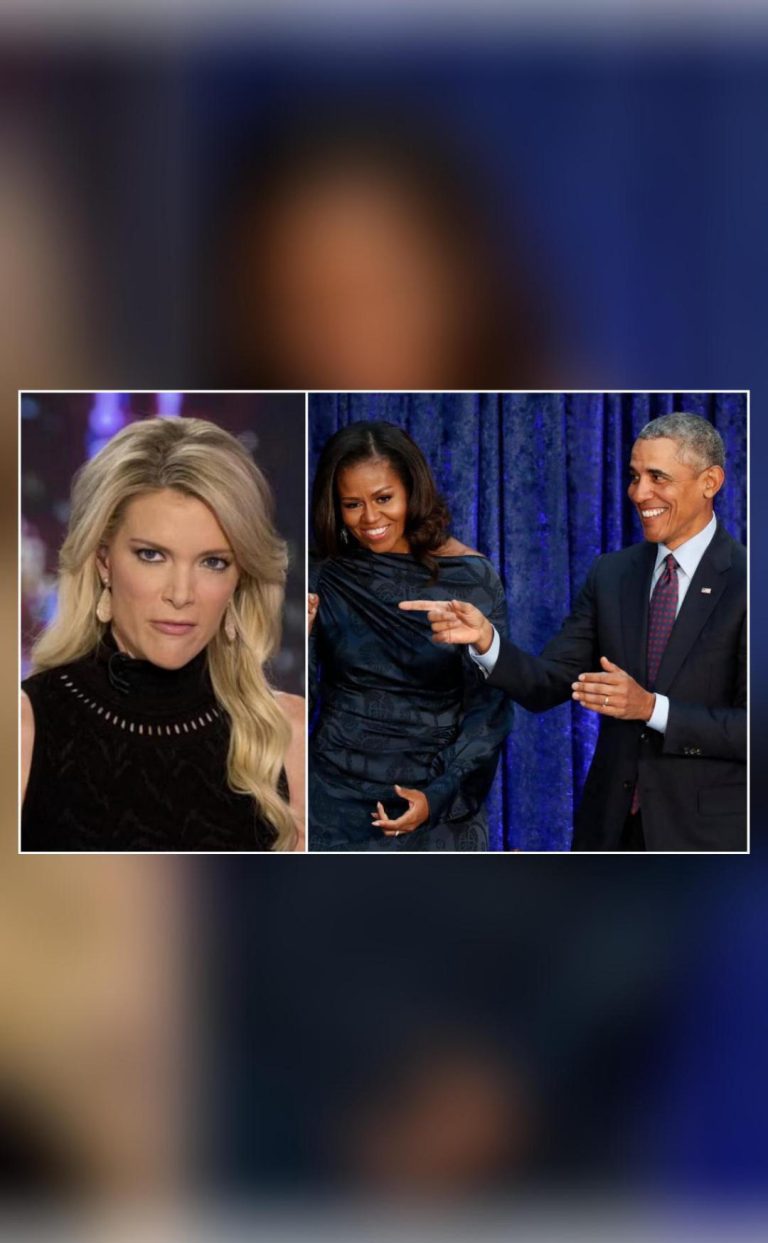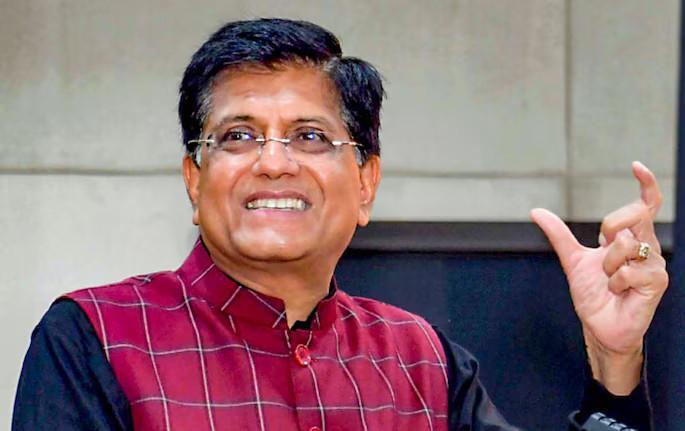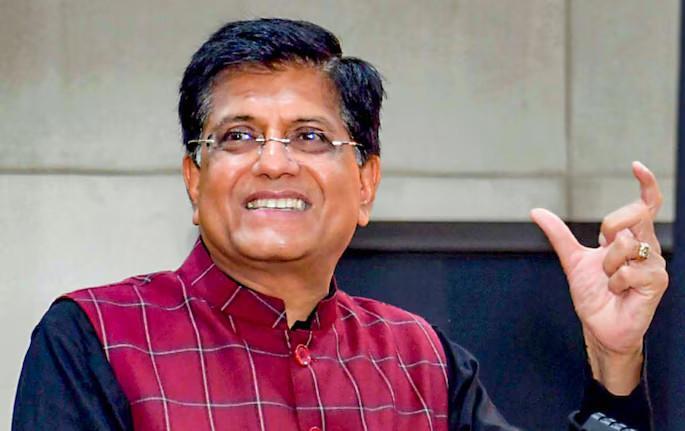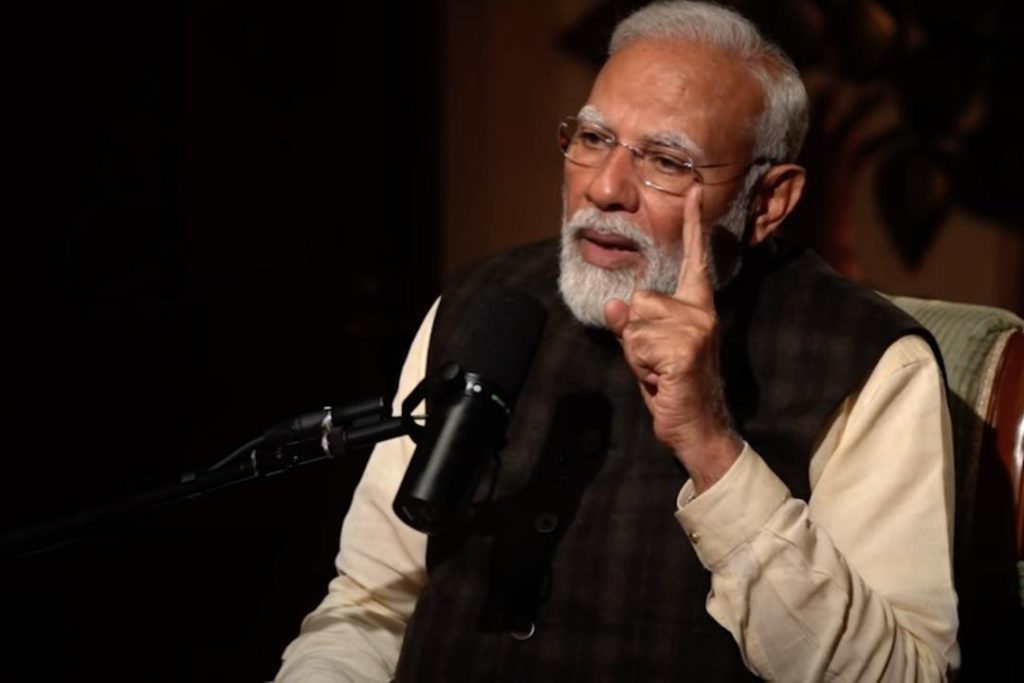
A Spark was Enough to Ignite Unrest: PM Modi on What Led to 2002 Gujarat Riots
In a recent podcast, Prime Minister Narendra Modi sat down with Lex Fridman to discuss the events that led to the 2002 Gujarat riots. During his tenure as the Chief Minister of Gujarat, the state witnessed one of the most devastating communal riots in its history. The riots resulted in the loss of hundreds of lives, widespread destruction, and a lasting impact on the social fabric of the state.
In the podcast, PM Modi reflected on the events leading up to the riots, citing a series of terror attacks in India and globally in the years preceding the carnage. He stated, “A spark was enough to ignite unrest, such a situation had arisen.” This sobering commentary highlights the fragile nature of social harmony and the potential for even the smallest incident to ignite widespread chaos.
The Godhra Train Burning: A Tragedy of Unimaginable Magnitude
PM Modi’s narrative began with the Godhra train burning, an incident that is widely believed to have triggered the riots. On February 27, 2002, a coach of the Sabarmati Express was set on fire, resulting in the deaths of 59 people, including women and children. The incident was met with widespread outrage, and the Gujarat government was criticized for its handling of the situation.
PM Modi described the Godhra train burning as “a tragedy of unimaginable magnitude.” He acknowledged the shock and anger that followed the incident, stating that it was natural for people to be upset. However, he also emphasized the need for calm and restraint in the face of tragedy.
Terror Attacks and the Build-up to the Riots
PM Modi also discussed the series of terror attacks that had taken place in India and globally in the years preceding the Gujarat riots. He highlighted the impact that these incidents had on the nation’s psyche, stating that they created an atmosphere of fear and unease.
The 1999 Kandahar hijacking, the 2001 Parliament attack, and the September 11 attacks in the United States were all cited as examples of the growing threat of terrorism. PM Modi emphasized that these incidents had created a sense of vulnerability and insecurity among the Indian people, making them more susceptible to emotional outbursts and communal tensions.
The Spark that Ignited the Unrest
PM Modi’s narrative suggests that the Godhra train burning was the spark that ignited the unrest in Gujarat. He acknowledged that the incident was a tragedy, but also emphasized that it was “a spark that was enough to ignite unrest, such a situation had arisen.”
This commentary highlights the delicate nature of social harmony and the potential for even the smallest incident to ignite widespread chaos. It also underscores the importance of maintaining calm and restraint in the face of tragedy, and the need for strong leadership to prevent the escalation of communal tensions.
Lessons Learned and the Road Ahead
In the podcast, PM Modi also reflected on the lessons learned from the Gujarat riots and the steps taken to prevent similar incidents in the future. He emphasized the importance of promoting social harmony and tolerance, and of addressing the root causes of communal tensions.
The Prime Minister also highlighted the role that education and awareness play in preventing communal riots. He emphasized the need for schools and educational institutions to promote tolerance, empathy, and understanding, and to teach students about the importance of social harmony.
Conclusion
The 2002 Gujarat riots were a devastating incident that resulted in the loss of hundreds of lives and widespread destruction. PM Modi’s narrative provides valuable insights into the events leading up to the riots, and highlights the importance of maintaining calm and restraint in the face of tragedy.
The Prime Minister’s commentary also underscores the delicate nature of social harmony and the potential for even the smallest incident to ignite widespread chaos. As the nation continues to grapple with the challenges of communal tensions and social unrest, PM Modi’s words serve as a reminder of the importance of promoting social harmony, tolerance, and understanding.
